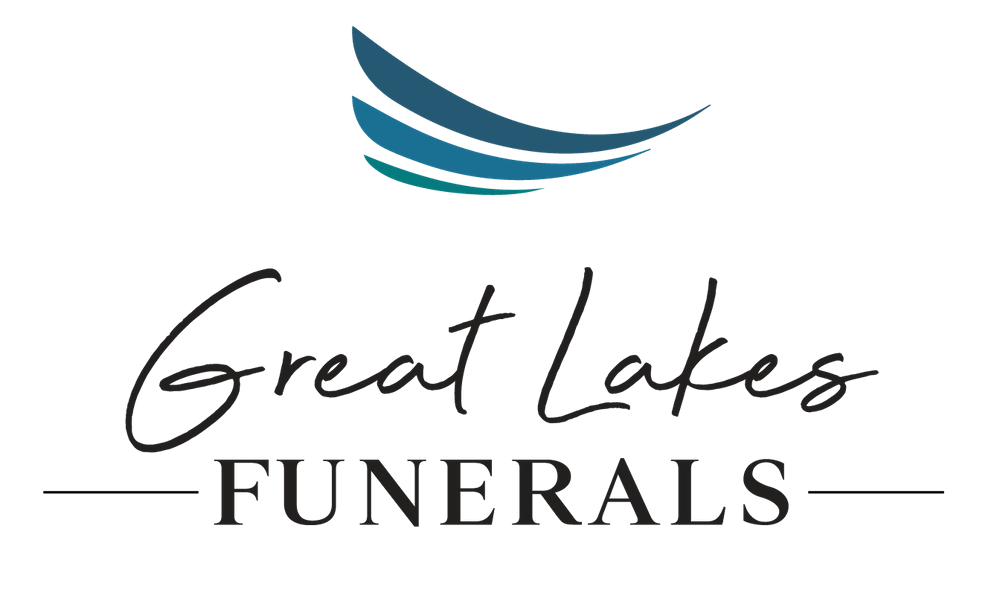A Conversation with Lloyd Ninham: Your Trusted Funeral Director in Forster
service? Married to Kirsty, 3 sons, born and raised in Sydney, have now lived in the Great Lakes/ Manning for 24 years, now call the mid coast my home. My parents and father in law also call the mid coast home. Came into the Funeral Industry by chance, an engineering career in factories was coming to an end, although there were opportunities available out of the area, I chose to continue to reside and raise my children in the location that I now call my home.
Experiencing Personal Grief. Have you personally experienced significant loss? Can you share a little about that time and how it affected you? Yes, our first-born son would now be 14 years old, born still birth at 36 weeks. The feeling and sense of why it had to happen to us? and all the what ifs that went through our thoughts, we now believe he trod the path for the next 2 healthy boys.
work with grieving families? Our personal experience has given me the tools and emotions to feel and empathise how others feel after losing someone special to you. I know the feeling of the loss, the funeral planning, the funeral service and the sense of grief and loss in the days and weeks following.
What do you find most rewarding about being a Funeral Director? I really enjoy conducting funerals, it gives me a sense of self satisfaction that we have listened and understood what we have been asked to do for families, executing it perfectly is our aim. Also, the reconnecting with individuals from time to time that I have performed funerals for, they remember my name, but I don’t always remember theirs unfortunately, but I’m glad that the care I gave is a lasting memory for them, it’s these connections that last a lifetime, to have them come back in the future to personally request my assistance is very rewarding.
Supporting Families. How do you support families during their most difficult times? Just as I would my own, through my own experience of loss I can honestly say, “I know how you feel”, sometimes no words can comfort the experience of grief of a loved one, providing the empathy and care they are looking for and being a good listener and communicator.
Coping Mechanisms. How do you cope with the emotional demands of your job? A funeral director’s role can be very demanding at times, but having young boys wanting your attention, this can be a distraction as well and putting time into renovating my home. I have a particular interest in road cycling, when I can I get out for a ride to smash out the stress.
The Importance of Personal Touch. In your opinion, what makes a funeral service truly memorable and meaningful? It’s the small things, attention to detail, the polish and always being attentive, nothing should be no problem. Also, genuine touch, a hand shake, maybe a cuddle can be a real comfort and meaningful to some body. I feel it can give a real sense of comfort to those that are willing to feel the same, it’s one of those things that you work out as you go along.
Personal Reflections. How has working in funeral services changed your perspective on life and death? On occasions a death of someone of similar age can invoke thoughts of my own mortality and the effect my death may have on my wife, children and parents, love and cherish every minute with your family and friends.
Closing Thoughts. Is there anything else you would like to share with the families you serve? Often the cost of a funeral is more of a consideration than a meaningful farewell, it’s not always about the cost, but the lasting memory that we can leave you for a long time into the future.
What legacy do you hope to leave through your work in funeral services? I would hope to leave a legacy of humility. To be a funeral director you need to genuinely care, it’s not about the money but the satisfaction to help people through one of life’s most difficult journeys of loss of some dear to them.
